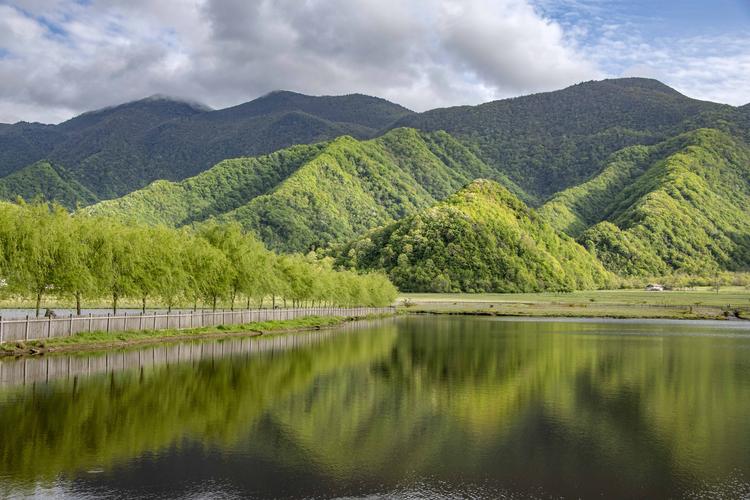India, the land of festivities, diverse cultures, and rich heritage, is known for its unparalleled beauty. The country’s cultural heritage is a vast mix of customs, traditions, and beliefs, deeply rooted in its history and religion. From food to music, art to dance, literature to rituals, India’s cultural heritage is a treasure trove that has fascinated people from around the world for centuries.
Unpacking the enigma of India’s cultural heritage is a journey of discovery that unveils the country’s vibrant and diverse heritage. India’s cultural heritage is a reflection of its rich history, diverse religions, and vibrant traditions. The blend of different religions and cultures has given rise to a unique and colorful mosaic that defines India’s identity.
The first stop on the journey of discovery is India’s ancient texts and scriptures. India’s religious texts, including the Vedas, the Upanishads, and the Bhagavad Gita, are considered to be the pillars of the country’s culture and heritage. These holy texts have a wealth of knowledge and insights into the country’s social, cultural, and spiritual traditions. They provide an in-depth understanding of India’s philosophy, ethics, and spirituality, which have shaped the country’s cultural heritage.
The next stop on our journey is India’s art and architecture. India’s art and architecture are a testament to the country’s rich cultural heritage. The country is home to some of the world’s most magnificent architectural wonders such as the Taj Mahal, the Khajuraho Group of Monuments, and the Konark Sun Temple. These architectural marvels are a blend of different styles and traditions, from Mughal to Rajputana, Dravidian to Indo-Islamic.
Another important aspect of India’s cultural heritage is its festivals and celebrations. India is known for its diverse festivals celebrated throughout the year, which reflect the country’s cultural and social diversity. Right from Diwali, the festival of lights, to Holi, the festival of colors, to Dussehra, the victory of good over evil, India’s festivals celebrate life, hope, and unity.
India’s cultural heritage is also closely tied to its culinary traditions. The country’s cuisine is a blend of flavors, aromas, and spices that reflect its diverse cultural heritage. Each region in India has its specialty dishes, which are a reflection of the region’s climate, geography, and people’s food preferences.
In conclusion, India’s cultural heritage is a journey of discovery, a vast and colorful mosaic of art, architecture, literature, music, and festivals. The country’s cultural heritage is deeply intertwined with its religious and spiritual traditions, which have shaped its culture and identity. By exploring India’s cultural heritage, one can gain a greater appreciation of the country’s rich history, traditions, and beliefs. India’s cultural heritage is a treasure trove waiting to be explored and celebrated, and it undoubtedly adds to the country’s charm and allure.
(Note: Do you have knowledge or insights to share? Unlock new opportunities and expand your reach by joining our authors team. Click Registration to join us and share your expertise with our readers.)
Speech tips:
Please note that any statements involving politics will not be approved.
